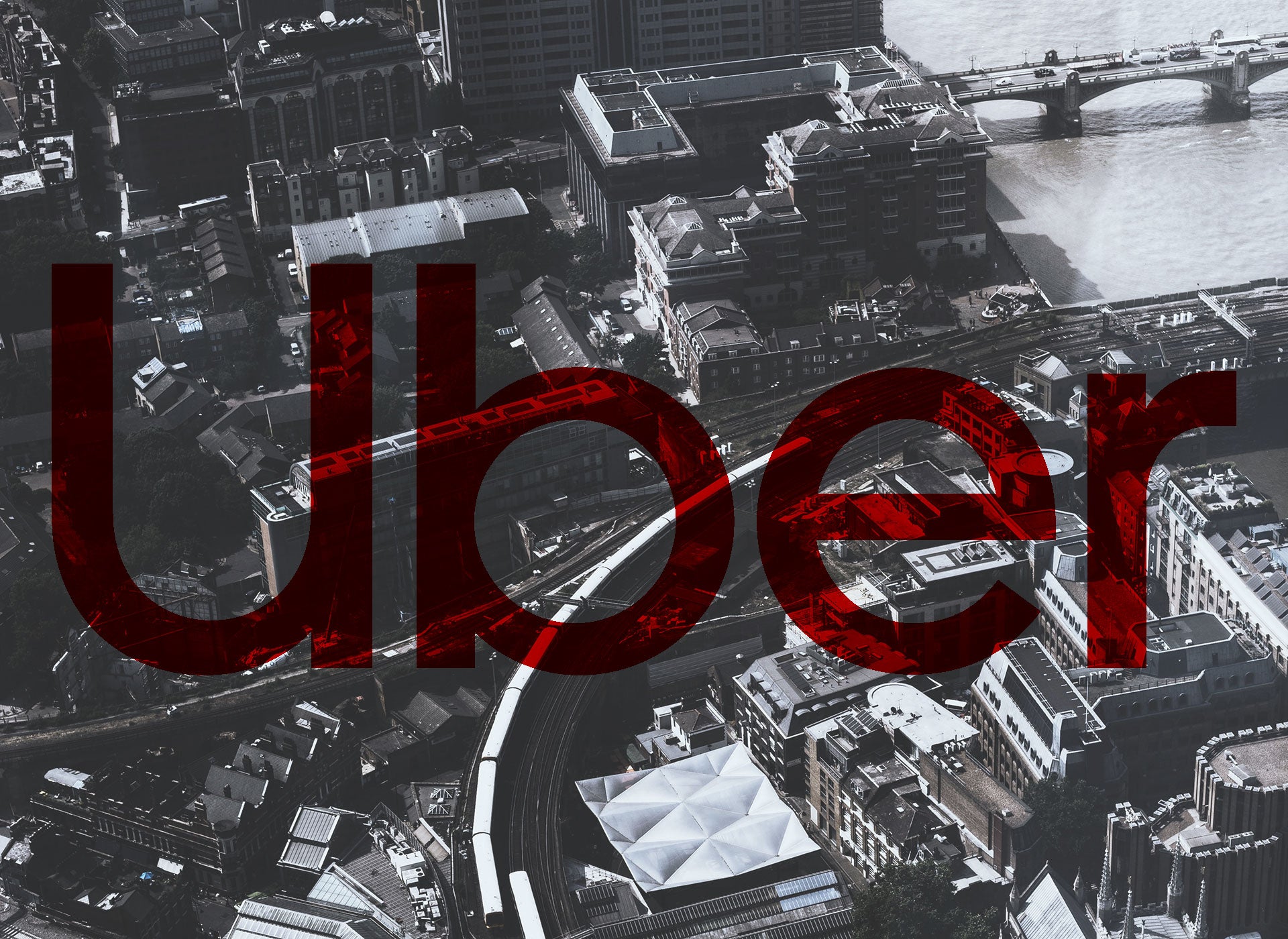
Ride-hailing giant Uber has regained its licence to operate in London after the company successfully appealed against Transport for London (TfL).
The transport regulator had stripped the US firm of its licence over passenger safety concerns.
Deputy chief magistrate Tan Ikram handed down the decision at Westminster Magistrates’ Court on Monday morning, judging Uber to be “fit and proper” to operate in the capital.
“Despite their historical failings, I find them, now, to be a fit and proper person to hold a London PHV (private hire vehicle) operator’s licence,” he said in a written verdict.
“I do, however, wish to hear from the advocates on conditions and on my determination as to the length of a licence.”
Uber regains London licence after years of legal dispute
The decision ends three years of legal wrangling between Uber and TfL. Uber drivers have been able to continue operating while Uber’s appeals went through the courts.
How well do you really know your competitors?
Access the most comprehensive Company Profiles on the market, powered by GlobalData. Save hours of research. Gain competitive edge.

Thank you!
Your download email will arrive shortly
Not ready to buy yet? Download a free sample
We are confident about the unique quality of our Company Profiles. However, we want you to make the most beneficial decision for your business, so we offer a free sample that you can download by submitting the below form
By GlobalDataIn 2017, Transport for London denied the ride-hailing giant a licence to operate over safety concerns for passengers. The company was given a 15-month licence in 2018 following a court battle, and then a two-month licence in September 2019 while it made a number of improvements to its service. But in November last year, TfL once again turned down the Silicon Valley firm, citing a “pattern of failures”.
Earlier this month, Uber argued its case during a four-day hearing at Westminster Magistrates’ Court. The court heard how “mistakes were made” by Uber over a software glitch that allowed more than 14,000 trips to be carried out by 24 known drivers who faked their identity on the app. That meant those journeys were uninsured and, in some cases, trips were with unlicensed drivers.
However, Tim Ward QC representing Uber said the problem was “not endemic or widespread”.
Since it first lost its London licence, Uber has taken a number of steps to improve safety, such as the ability for riders to share live location with trusted contacts, as well as an emergency assistance button to contact the authorities via the app. In April Uber introduced a new system that uses a combination of facial recognition and human review to verify drivers’ identities.
It has also implemented ‘Programme Zero’, which aims to prevent all breaches of licence conditions. TfL has previously acknowledged Uber’s progress.
While Uber won its appeal, the length of the London licence is yet to be determined.
“The fact that the length of extension is up for debate, rather than securing Uber’s preferred five-year licence, demonstrates that Uber will have to work hard to continue to prove to TfL and the Court that it has really changed,” said Anna McCaffrey, senior counsel at law firm Taylor Wessing.
“If not, Uber is likely to find itself back in court facing the same battle next year.”
Uber winning its London licence will come as a relief for the company as it battles plummeting revenues during the coronavirus pandemic. London is Uber’s largest market in Europe, with more than 3.5 million people using the service before the pandemic. The company faces separate litigation across both sides of the Atlantic over its classification of drivers as contractors.
Read more: California driver ruling threatens Uber and Lyft’s already fragile business model




